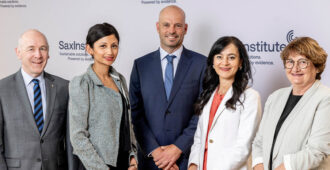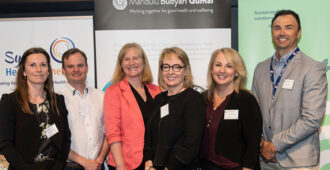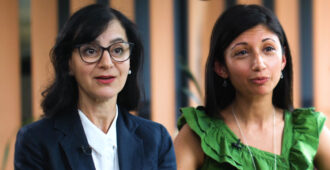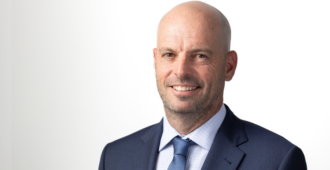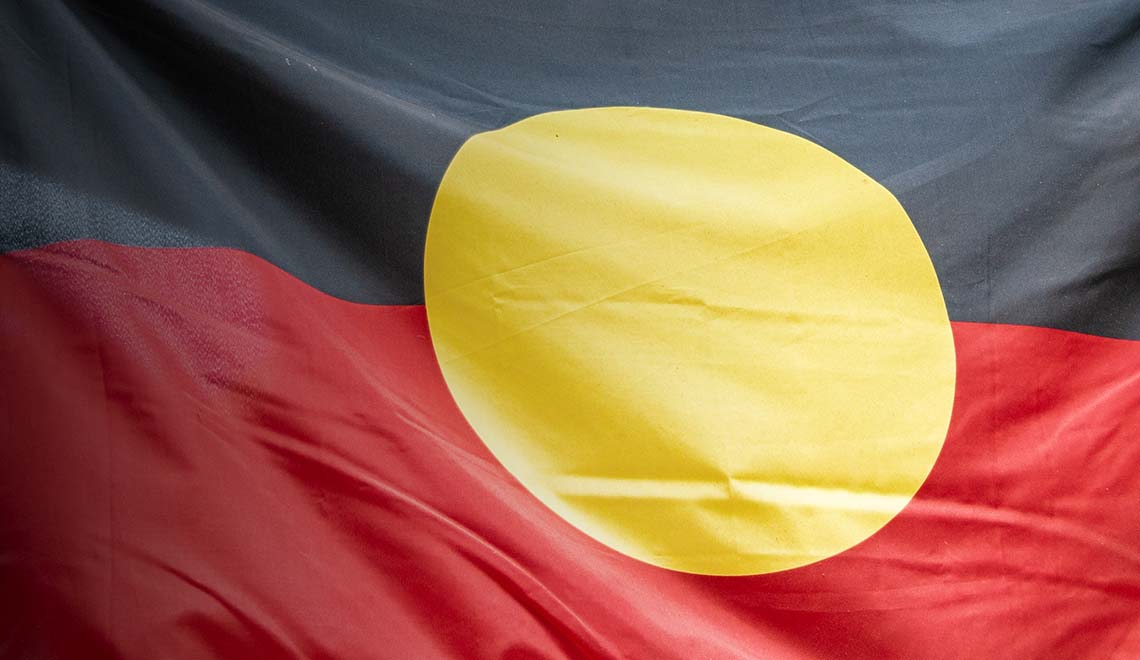
The Sax Forum is an important initiative that allows the Sax Institute to share knowledge among its Members and understand how we can make research more effective. On June 29, we held the second of two workshops on Aboriginal health research. Nearly 100 people from the Institute’s member organisations, Aboriginal-controlled health services and NSW Health met online to discuss approaches to Aboriginal health research that are culturally appropriate, meaningful and ethical.
A panel of experts who have worked closely with Aboriginal communities shared their insights.
Professor Kathleen Clapham, a Murrawarri woman and founding director of Ngarruwan Ngadju: First People’s Health and Wellbeing Research Centre at the University of Wollongong, gave an overview of a ‘strengths-based approach’ to Aboriginal health research. This approach is responding to the traditional ‘deficit discourse’ on Aboriginal health, which frames Aboriginal health as a problem, focuses on negative statistics and has a lack of Aboriginal voices within research teams.
A strengths-based approach instead focuses on Aboriginal ways of knowing, being and doing and is accountable to the community the researchers are working with, Professor Clapham said. For researchers, this means “taking a stance of humility in relation to communities, instead of privilege”.
Karen Beetson, a Mandandanji woman and Deputy Director of Aboriginal Health at South Western Sydney Local Health District (SWSLHD), spoke about the need for cultural safety in research and how she’s seen it be achieved. Cultural safety occurs when participants feel their cultural needs are being met by the research, Beetson said. Researchers need to understand a community’s history before collecting any data, and time must be spent investing in community relationships. “You cannot achieve cultural safety immediately, it’s a process,” she said.
Dr Michael Doyle, a Bardi man and Co-Chair of the Aboriginal Health & Medical Research Council’s Human Research Ethics Committee, explained the role the Committee plays in reviewing research proposals. He detailed the five key principles define ethical Aboriginal research: overall benefits for the Aboriginal community; Aboriginal control of research; sensitivity to cultural factors; reimbursement of costs to research participants; and the enhancement of Aboriginal skills and knowledge. Dr Doyle also encouraged researchers to be familiar with the national ethical guidelines and to get letters of support from their local Aboriginal health service.
Professor Juanita Sherwood from the University of Technology Sydney, a First Nations woman with Wiradjuri, Murri, Maori and Anglo-Celtic lineages, spoke about Indigenous research methodologies and how they are fundamentally holistic and based on relationships. “Indigenous researchers are responsible to the community,” she said. “We must ensure there is no harm, and that what people want done is undertaken. It’s a big job.” Professor Sherwood said that quantitative research often “shuts down people’s voices” and that Indigenous methodologies, such as yarning, can address this inequality by building connections and sharing knowledge.
The talks led to a thoughtful audience discussion on how best to support Aboriginal voices in research.

